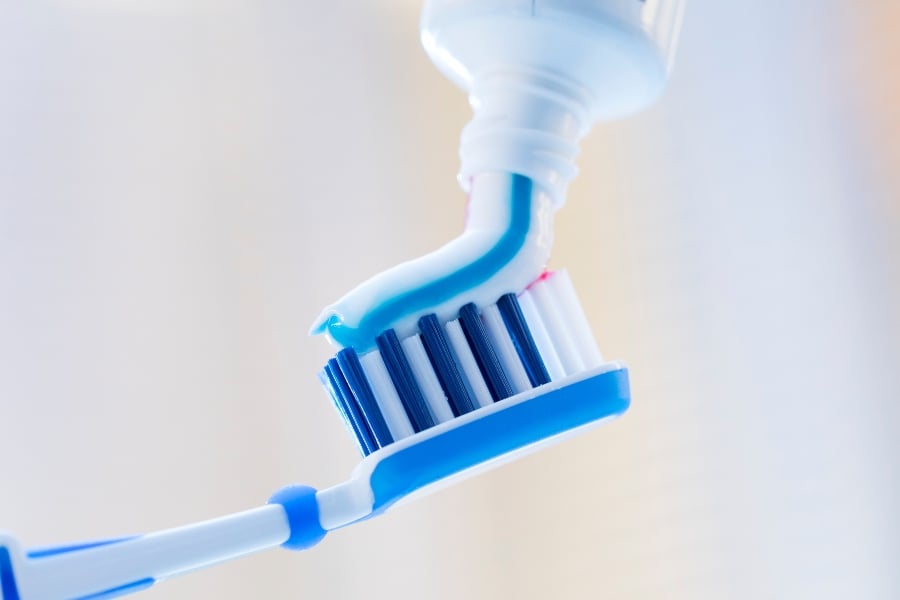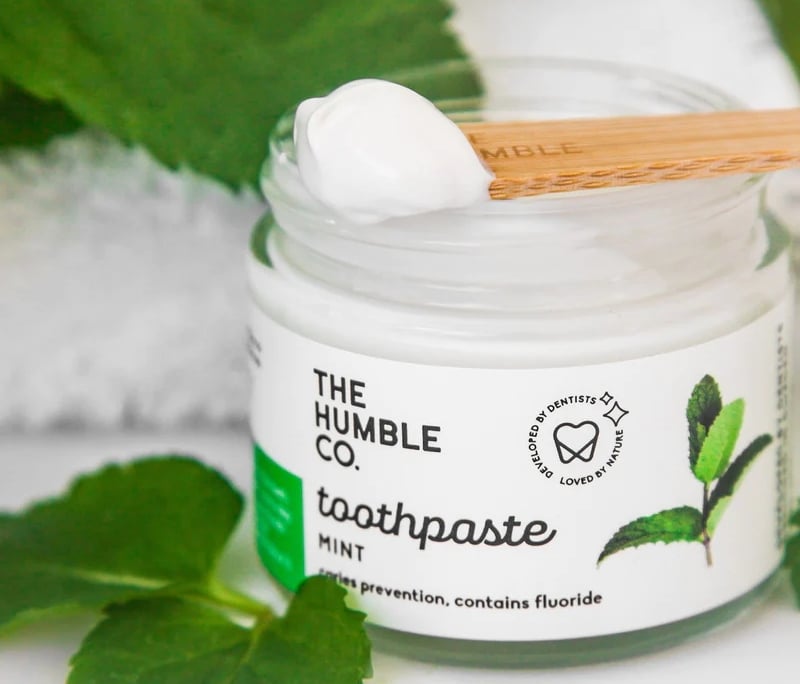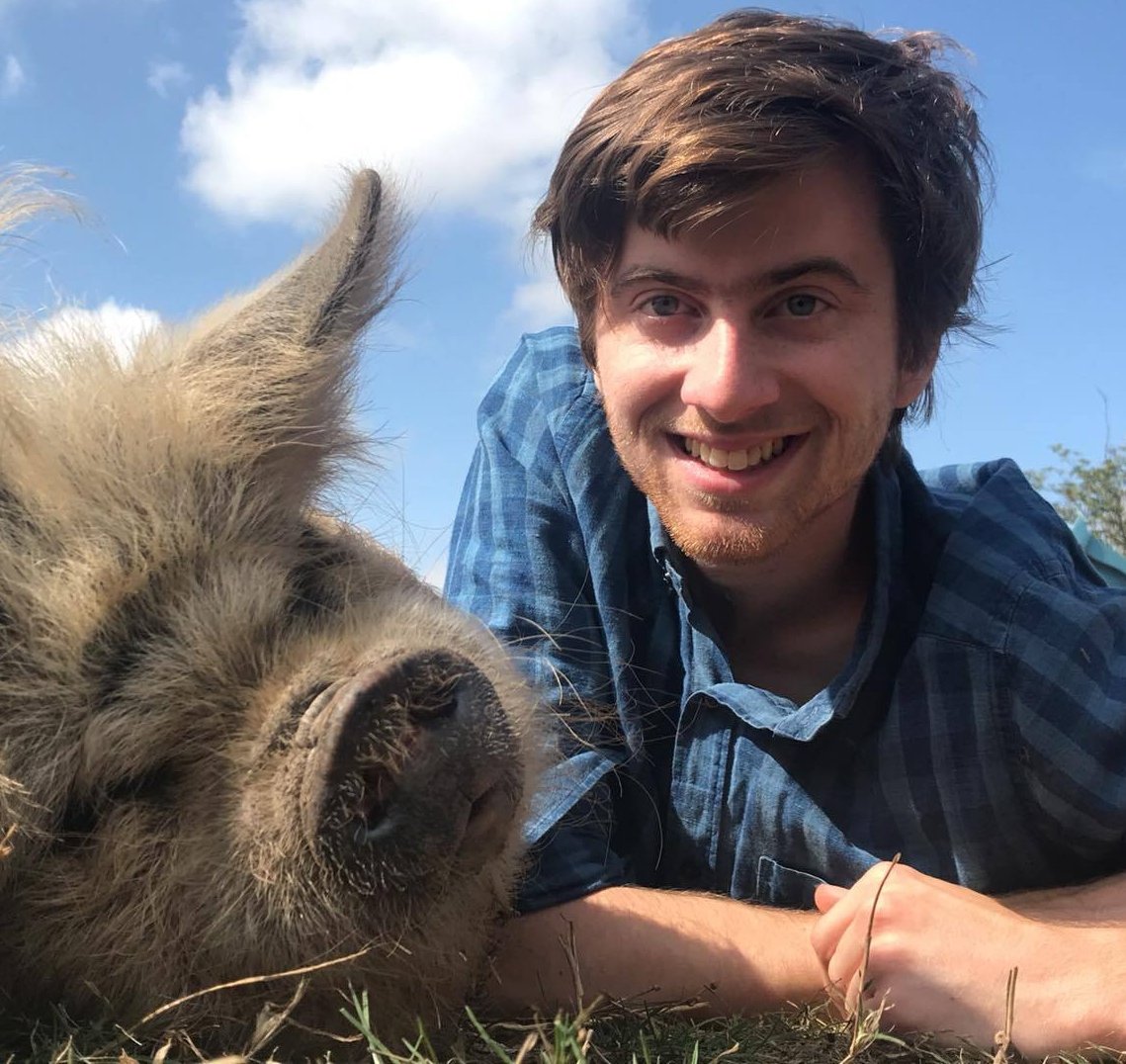If you’ve recently adopted a vegan lifestyle, you may have discovered that some of your old cosmetics are not vegan. From makeup to false eyelashes, animal products can crop up in unexpected places. One bathroom product that many people are surprised to learn isn’t necessarily vegan is toothpaste. If you want to protect your teeth without harming animals, it’s important to check the ingredients of your toothpaste. So, how can you tell if toothpaste is vegan?
Who invented toothpaste?
Toothpaste has evolved over thousands of years. People who study such things think the Egyptians used some sort of paste to clean their teeth in 5,000 BC. This may have contained items like myrrh, oxen hooves, water, pumice, and eggshells.
The Greeks and Romans developed their own versions, with charcoal and salt a popular combination. In China, herbal ingredients such as ginseng, herbal mints, and salt were common.
From the nineteenth century, modern toothpaste began to develop. The first toothpaste in a jar came in the 1850s. Colgate started mass producing toothpaste in jars twenty years later. The brand then switched to tubes towards the end of the nineteenth century.

What is toothpaste made of?
Toothpaste is a paste or gel that helps keep teeth healthy. It removes dental plaque and food from the teeth and delivers active ingredients to help prevent tooth decay and gum disease.
Commercial toothpastes contain many ingredients. The main ones are abrasives, fluorides, surfactants, humectants, and flavorings.
Abrasives
Abrasives are the number one ingredient in most toothpastes. They work to remove plaque and polish teeth. Common abrasives include calcium carbonate, silica, aluminum hydroxide, and phosphates.
Fluorides
A key ingredient in many toothpastes, fluorides help prevent tooth decay. Sodium fluoride is the most common fluoride compound in toothpaste.
Surfactants
Sodium lauryl sulfate appears in many commercial toothpaste formulas. It helps spread the toothpaste evenly across the teeth and to create foam.
Humectants
These include glycerin and sorbitol. Their role is to stop the toothpaste from drying out.
Flavors and thickeners
Sweeteners like saccharin improve the taste experience. Meanwhile, thickeners help maintain the toothpaste’s consistency. Examples include xanthan gum and cellulose gum.
Conditioning agents
Preservatives are added to maintain the shelf life and texture of the toothpaste. There are also some specialist agents in certain toothpastes. For example potassium nitrate helps with sensitivity.
Why is some toothpaste not vegan?

With so many ingredients, it is perhaps unsurprising that not all toothpaste is vegan. Whether or not a specific toothpaste is suitable for vegans depends on its exact ingredients and how it is produced.
Some toothpaste may contain animal-derived ingredients. The most common examples are glycerin and propolis. Moreover, some brands test their products on animals, which many see as unnecessary and cruel.
Glycerin
The most common reason for a toothpaste to not qualify as vegan is the inclusion of animal-based glycerin.
Sometime known as glycerine or glycerol, glycerin is a humectant. The viscous liquid can come from plant or animal sources. Generally, brands do no make this clear on ingredients list. Therefore, the only way to know for sure is to contact the manufacture or choose a brand that has been certified as vegan.
Propolis
Propolis is a resin-like material made by bees. Humans exploit bees to acquire it. Bee products are for bees not humans so, although propolis is often marketed as a natural alternative, it is not vegan.
Flavorings
Like with glycerin, a list of ingredients will usually not specify whether “flavorings” or “natural flavourings” have come from animals. You can either check with the manufacturer or choose a certifed vegan brand.
Animal Testing
Like with many other cosmetics, big brands test toothpaste on animals. This may involve testing individual ingredients or the finished product. Common tests include forcing animals to eat or inhale large amounts of chemicals. Other tests include dripping chemicals into animals’ eyes or rubbing them into animals’ shaved skin.
Which toothpaste brands are not vegan?
Common toothpaste brands such as Crest, Colgate, and Sensodyne are not vegan-friendly.
Some brands have released products with vegan ingredients. However, without vegan certification, these will likely still have been tested on animals. This is the case with Colgate, which released a “vegan” toothpaste in 2020. Colgate is not listed as a cruelty-free brand.
Due to the nature of the ingredients, unless a toothpaste is vegan certified, it might contain animal products. Moreover, unless it is specifically marked as cruelty free, it likely will have been tested on animals.
Can you buy vegan toothpaste?

Brushing your teeth may be second nature, but animal cruelty shouldn’t be. Thankfully, many vegan toothpaste brands exist.
In the UK, there are many brands of vegan, cruelty-free toothpastes. Kingfisher offers a range of cruelty-free vegan toothpastes made with natural ingredients. The Humble Co’s Natural Toothpaste is also vegan certified and free from animal testing. Ordo Complete Care is another vegan and cruelty-free choice. Natural brand Georganics combines vegan dental care with zero-waste packaging for its toothtablets.
In the US, Boka sells vegan toothpaste without animal testing. Tom’s of Maine is another vegan and cruelty-free brand. Hello’s fluoride toothpaste also ticks all the boxes for vegan and ethical toothpaste.






